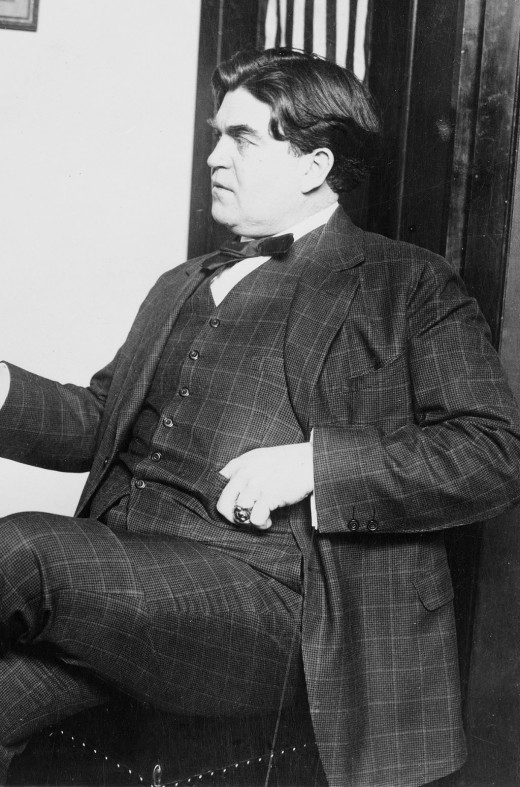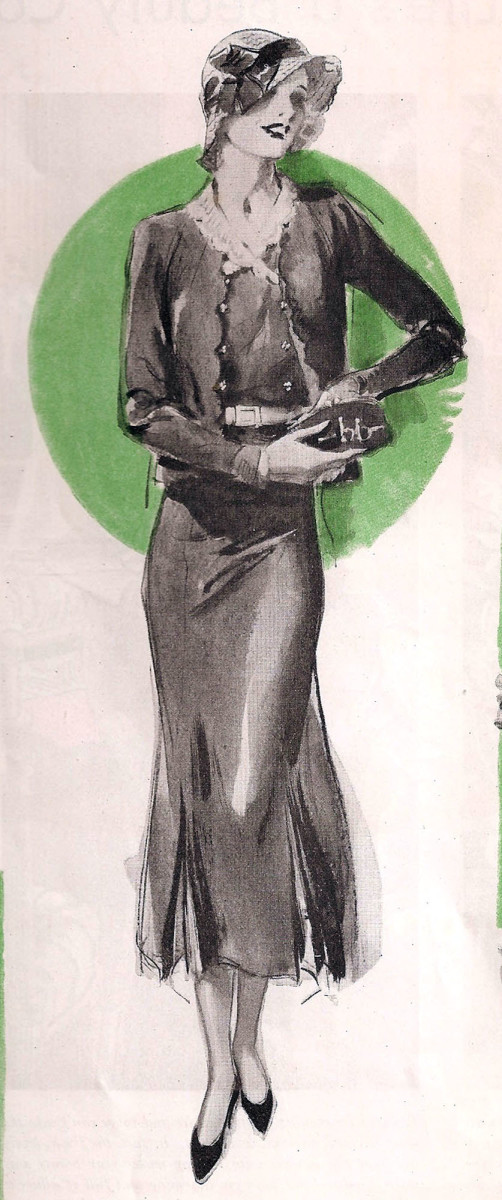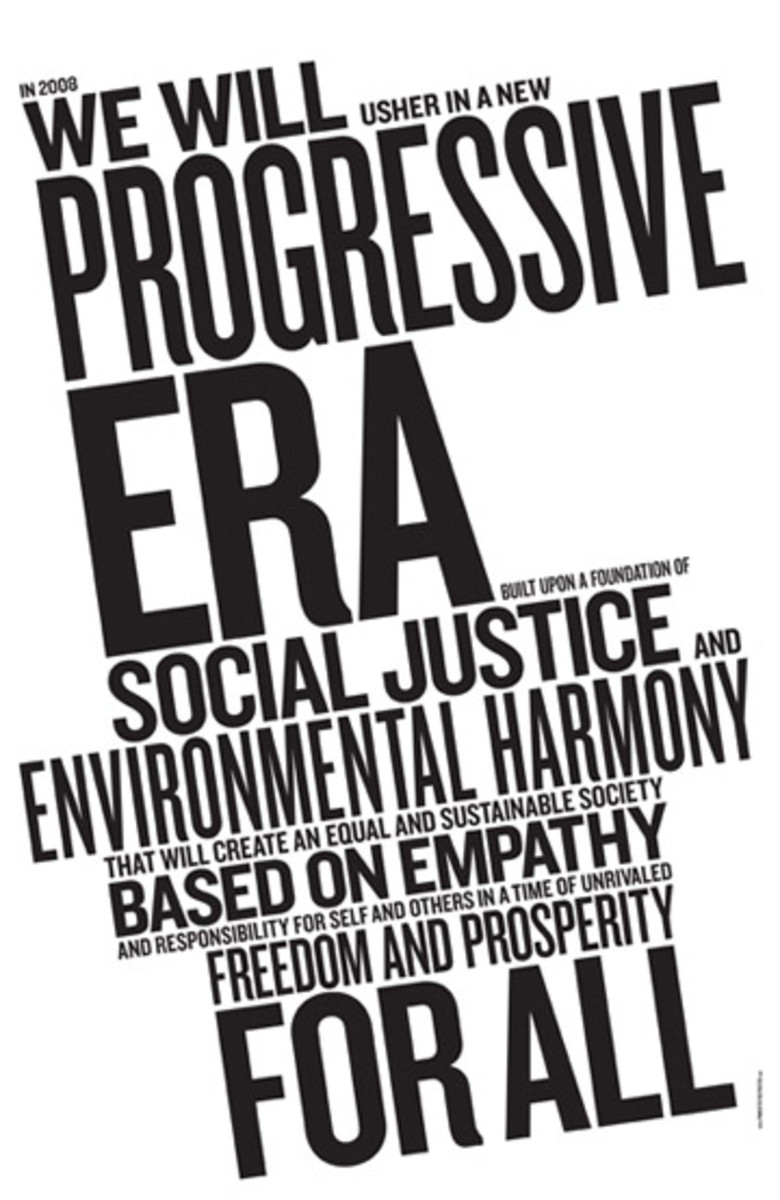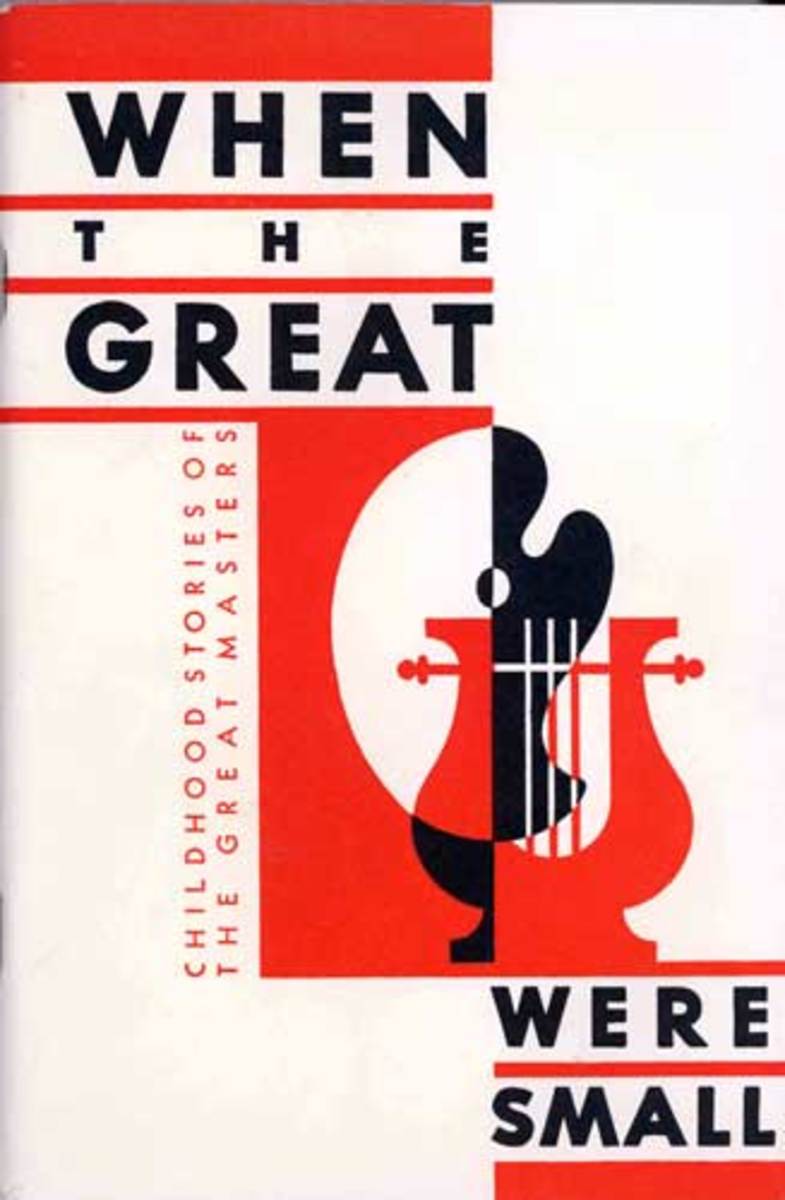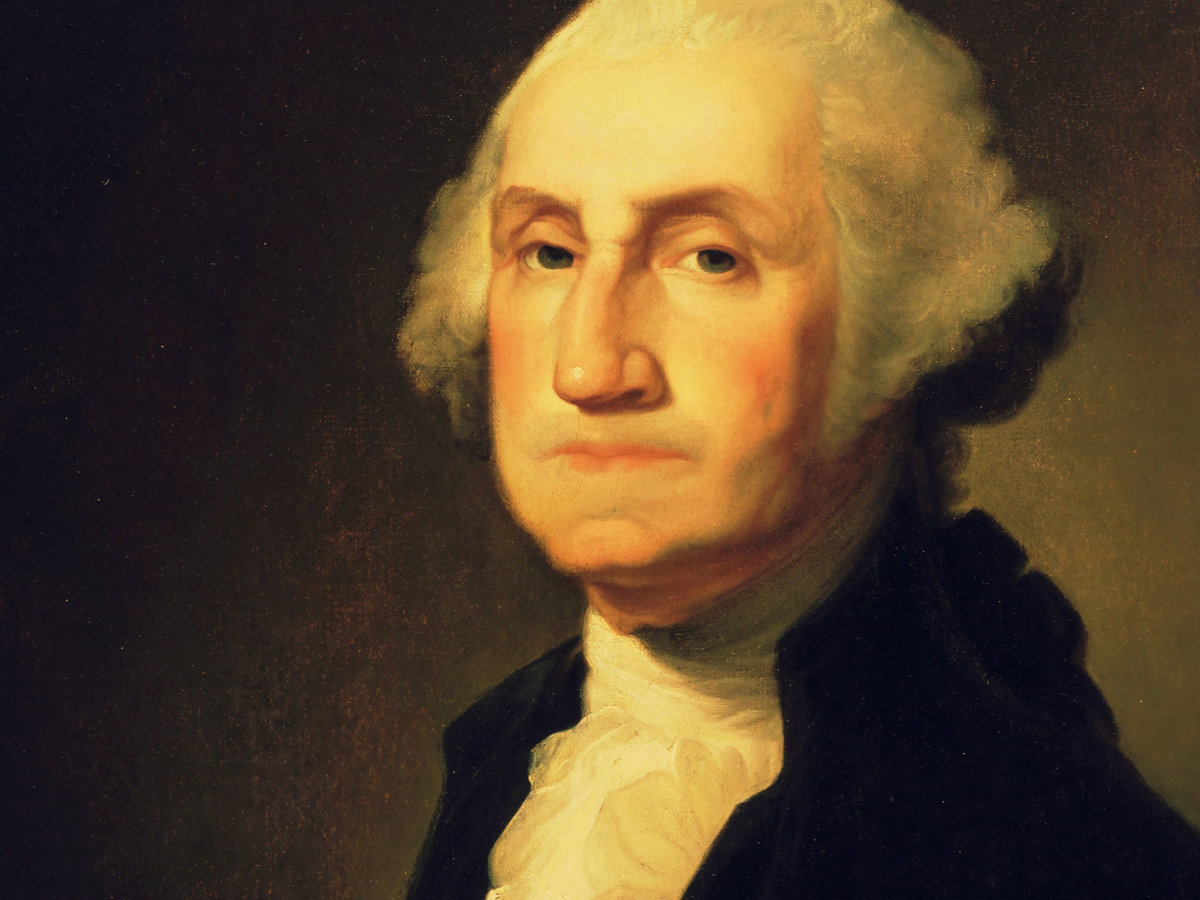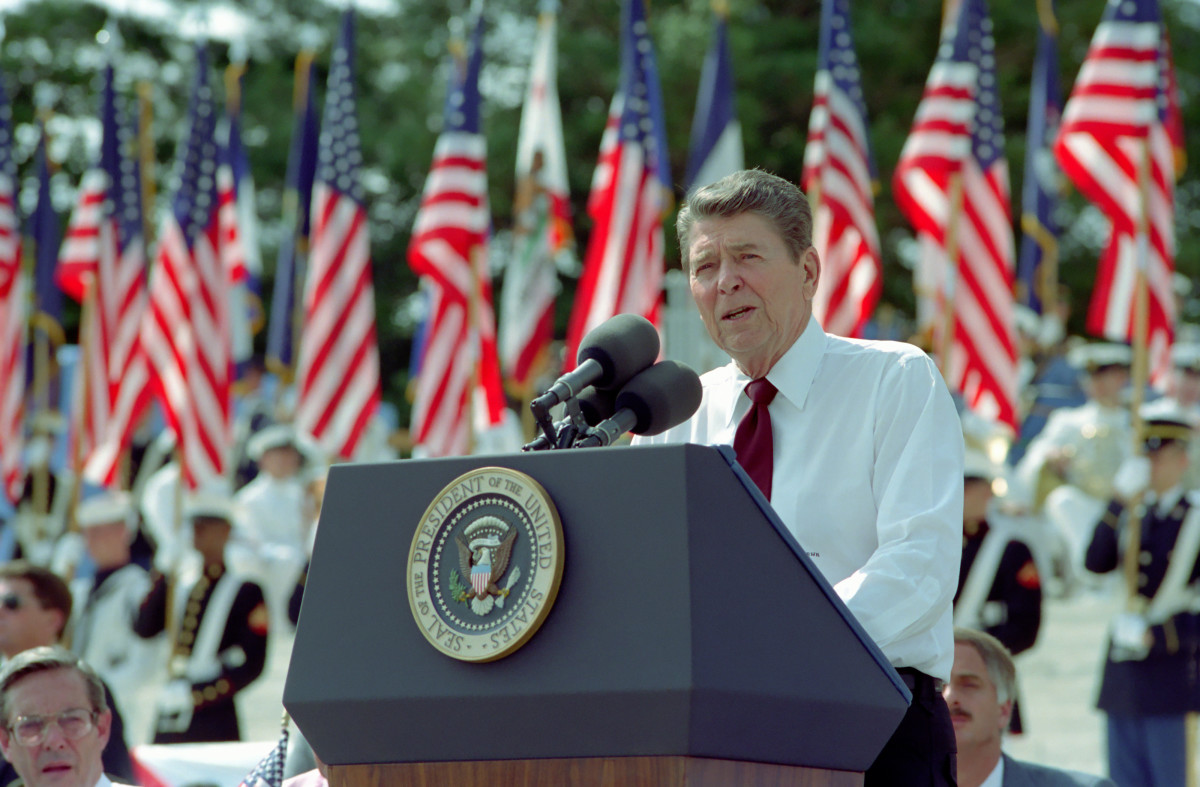Tough Guys of the 1930s
FDR vs. Everybody
I got interested for personal reasons in a book that in my own library most resembles the kind of book even library-phobes would prefer to take from the public library shelf and afterward leave there. It has to do with hard times that sometimes get referenced, but are mostly forgotten, without regret. The last time I delved deep for HubPages into Americana, it was not the bigger-than-life personalities of the 1930s, but the murder of Governor Steunenberg of Idaho. That was in 1905, with a whole different set of dramatis personae, some thirty years before the U.S., along with the rest of the world, finally came to grips with an economic problem nobody could solve. Scholars might point out how Nazi Germany pulled out of its Depression before the U.S., which, in effect, had to wait until WWII. But I would not want to look too closely at how the former accomplished such a "Houdini-an" feat. The more important matter is how misfortune on such a grand scale encouraged ambitious men to capitalize on it not merely for the sake of fame, if not fortune, but for the average citizen, too. It began before the 1932 election, when Democrats, far from over-confident, were very much afraid that despite everything, Herbert Hoover would return to the White House.
I wonder how much of a chunk Black Tuesday took out of the entire economy. The numbers involved in the crash are meager compared to today's markets. But the principles involved remain the same. There were, of course, fewer investors. Without them, and public exchanges, it is difficult to raise capital. As to the quizzical relationship between Main Street and Wall Street, I lack the proper analytical qualifications. What should it matter to Merv's Coffee, Tea, and Pastry Shop, if Industrial and Transportation Stocks tumble? But there is a relationship, however tenuous. Common sense points to less discretionary spending. However, it does not account for how imperceptibly all businesses in the U.S., now perhaps globally, are somehow linked together. Throughout the 1930s, the United States never quite put the horrible shock of 1929 behind it. Then, of course, in WWII, an even greater event would overshadow the former. FDR then had to confront the second world war. I can only wonder how he managed it after grappling with some very tough hombres in the domestic arena.
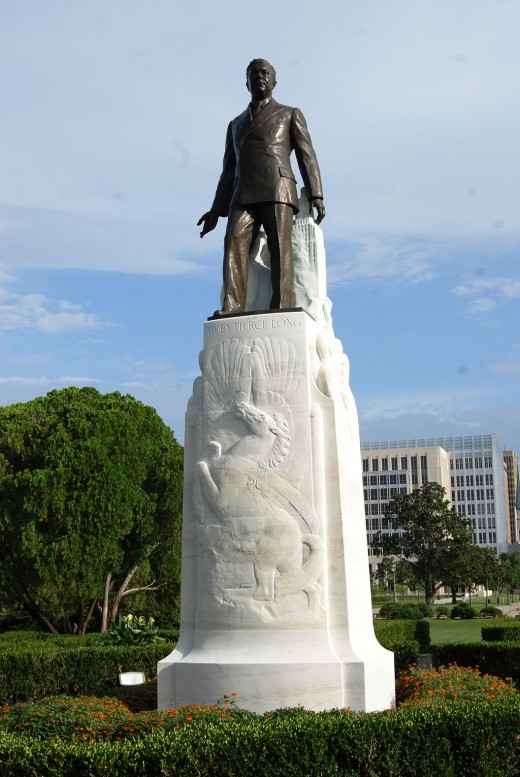
Huey Long and Willie Stark
There you have it, fact and fiction right alongside one another, the man himself, and Robert Penn Warren's character, from the prize winning book and film (All the King's Men) he inspired. On one side of the ledger are all the great improvements the man provided for the State of Louisiana. On the other, the way in which he did it -- not squeaky clean. But like many of his contemporaries, the end justified the means. Before he became Governor, Louisiana was a backwater state. It lacked everything: roads, hospitals, schools, buildings, industry, jobs, telephones, and housing. If he could enrich people who had so little, wasn't he the best man for the top job? FDR's closest aides did not like him. He was brash, overbearing, and, in the final analysis, not just glib but disrespectful. There are stories about personal encounters with FDR during which he would not remove his hat and spoke condescendingly. That's the myth, anyway; maybe an exaggeration, maybe not.
His "Share Our Wealth" Plan ("Every Man a King") got plenty air-play. It was totally Capra-esque, replete with sensible but impossible plans to both limit poverty and reduce the personal wealth of multi-millionaires. Looking back, Long's wording, a unique amalgam of biblical and political rhetoric, might sound arcane. He lashed out at captains of industry, reserved his most scathing remarks for bankers, and made light of the over-privileged. He wanted to pay retirees over sixty a monthly check of $30 (Dr. Francis E. Townsend proposed $200). No household should be worth less than $5000 in value, including the cost of a house, automobile, and radio. I am only echoing what is written in the first pages of the book, meant to stir the lower and middle classes to action. But one must remember, so many, not just in Louisiana, but everywhere in the United States, had little, next to nothing, and nothing. Low expectations were standard, since no implementations were in place to alleviate poverty. Long was extremely popular. His tirades against the well-to-do only gave voice to what those in need might have irrationally felt. Millions signed on, attending club meetings throughout the nation. At the same time, the first New Deal, began in 1933, followed by a second New Deal, in 1935. No one, not even Long, could compete with FDR. But for a while, unlike radio stars and ministerial critics, he was a true competitor.
A Sampling of Father Coughlin
Father Coughlin
What was it about Father Coughlin that made him, at first, so much more for Roosevelt than Al Smith, the popular 4-time Governor of New York, who lost the nomination? Maybe it was the notion that Roosevelt could handle it. Later, Al Smith's Liberty Leaguers could not undermine Roosevelt's continual search for solutions that upset stalwart conservatives. Coughlin, too, eventually broke with FDR over a number of issues. Wikipedia claims that the Depression politicized the radio celebrity, who, before this catastrophe, was mostly a religious-minded commentator. Perhaps Roosevelt envied Coughlin his steady, multi-million avid radio fans. His initial ideas -- devaluing the dollar, de-coupling and upping the price of gold, buying silver -- all came to naught. For Roosevelt's part, I can only speculate. He started his own radio broadcasts, called Fireside Chats, after taking the oath. I doubt he bought Coughlin's and others' ideas wholesale so much as welcomed various opportunities to enact legislation. He alone had to decide and act, not just work up a crowd. The Depression demanded more actions than one, unless there was an overlooked, elusive, universal panacea.
Going after the "haves" makes for an interesting contrast to today's political milieu, in which "have-nots" are, in effect, pleading with them for help. Not everyone, of course. For me, no longer an ardent, if sporadic news-hound, the election of 2016 was a watershed of sorts. As to its true, more defined character, we have to wait and see. Coughlin, the actual subject at hand, only serves in this context to remind us that the religious, however marginalized, being neither elected nor necessarily influential, do in fact watch, listen, and take positions. Were they focused on that alternate universe by the River Jordan? Well, not in the 1930s from what I can garner. They were intermittently godly, but wanted the basics, and then, if possible, coffee and cigarettes. After Huey Long's assassination, Reverend Gerald L.K. Smith sought to manage the governor's legacy. But it gradually disappeared and left Smith with a bad reputation. He could not say the right words or pretend to have a similar kind of charisma. Still, he had his following; he had his moments; he stayed as long as he could in the fray.
Which Way is Up?
I could recapitulate the 1920s and 1930s from the rough-hewn points of view of the historical record. But I wanted to weave in another book of more recent vintage. It focuses on nearly a billion human beings who somehow scrape by, if they remain alive, from one day to the next. Talk of the economy today is not unlike what it was ninety years ago, if not identical. The author himself points out how quiet the poorest of the poor are, with, for the most part, nary a manifested shred of hostility. I cannot judge them, though my best guess is that they will not be blamed for any global mishap or misstep. So, what about the remaining five or six billion, in better circumstances, if only in terms of a meal to count on or a friend to reach out to? How will they be judged? I still could not answer. The human heart is indecipherable. We dwell within a large universe. Hence, that other question. As I lift my chin, am I looking up? Toward heaven, I mean.
While I read about how so many are imprisoned by poverty, I realize that they very well might be blessed, despite a plethora of difficulties. Intellectuals, like the religious, carry within some variation of a positive mental mechanism. "Everything is going to be okay," it says, in so many words. Either Jesus is coming or God the Father has given us the brainpower to overcome our most terrifying weakness -- the tendency toward violence. Writers other than myself have made the observation that as the world drifts inexorably into self-destruction, more and more people have stopped smoking, eat organic, exercise, and meditate. In other words, no one knows what is happening. Are we coming or going? If I am still here in October 2029, I hope I recall from the history books I read how much fight there once was in people to stay alive and not give in. By the way, I have myself from time to time been both intellectual and religious. I am prone to the same self-deceptive patterns of thought and belief. They come and go, let's say. Or, to be perfectly honest, I occasionally think there really is a heavenly plan, hidden, protected, insulated, and undetectable, despite universal madness, which has gained the upper hand both at home and abroad.
Hubble Photo of the Galaxies

Two Worlds
The more I read about the prominent political players of the 1930s, each giving the other hell, the more I contemplate. It might have been better to have allowed things to simply bottom out. After all, half-measures were the best anyone could come up with, with half-lives that got progressively shorter. I guess the invisible hand of Adam Smith remained as such. The economy did not automatically fix itself. It is helpful to concentrate somewhat on the personalities involved, since they were an integral part of how the problem was attacked. These men were stubborn, hard-headed, and relentless, somehow hoping to heroically triumph over so much crash and burn. From what I read and ponder, it really seems as if there are two worlds. Before philosophy as a scholastic discipline nearly vanished in favor of accounting, law, business management, and engineering, it used to ask the question, is there a world behind the appearances? It depends upon the individual's predilections.
Why write about the ugly scraps and skirmishes of the 1930s unless they somehow reminded one of the present? Surely the great majority do not stands for hours to receive their daily bread. But signs of stress, strain, and discontent are everywhere apparent. Plus, needless to add, there are soup lines. Father Coughlin's beef with the Federal Reserve is probably not so convincingly explained in the emotional video above. But of what use is this strange institution, outside the realm of duly elected public servants? After all, to be able to legally print the U.S. Dollar is one of the nation's foremost powers. To set interest rates is an incredible responsibility. But I will leave the issue to financiers and bean counters. There is not world enough and time as far as I am concerned. It just seems that to encourage spending and discourage saving is hardly a plan. Banking policies have become obscure and subsist on levels of trust neither earned or won.
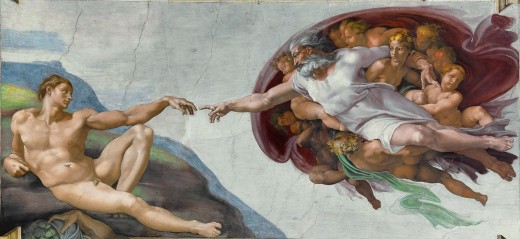
The Labor Force
My sources do not give John L. Lewis short shrift. The leader of the AFL himself had as many detractors as the president. He had to deal directly with foreign powers and Communists, sometimes face to face, not as distant abstractions. Not to mention, a corrupt machine in the form of a union as dirty as Tamany Hall. It was easy to collect dues, not so easy to extract benefits. Lewis often visited sites in Michigan and Ohio where workers clashed with their superiors in the automobile industry. All the wild antics of backroom bargaining and brawls resulting from sit-down strikes are readily available for researchers. Like Long, Lewis was able to move FDR over from center stage. His victory over GM, then steel, and other industries, made him the talk of Washington town. In 1935, he created the CIO. It is worth reading up on, if you have the time, though, like the majority of the economic struggles of the 1930s, the knock-down, drag out fights then have become obsolete. How to restore the auto industry, if possible, is more up to date.
How to put America back to work with better jobs and working environments would be yet another topic. Only consider how regardless of the sweat and toil of labor or Roosevelt's brain trust, eventually storm clouds arrived and there was no longer any doubt as to what had to be done. I would like to end this hub by way of the other book I read. It concerned the nearly billion lost souls, deeply entrenched in poverty by impasses that seem permanent. Whether it is enslavement to a commodity, such as oil, uranium, or diamonds, exploiting the common man and woman, and enriching the few who govern, or land-locked countries, several of which are located in Africa, which cannot compete in today's marketplace, the problem is never sincerely addressed. No problem of such enormity can be ignored without terrible risk. For poor countries it is usually civil war, famine, and epidemics. For rich countries, it appears to be hostilities on a global scale that might as easily be the result of full bellies and bloated egos as dire straits. We here in America are still waiting. But it will not be long. We have heard the talk. Now we'll see the walk.
American Federation of Labor
